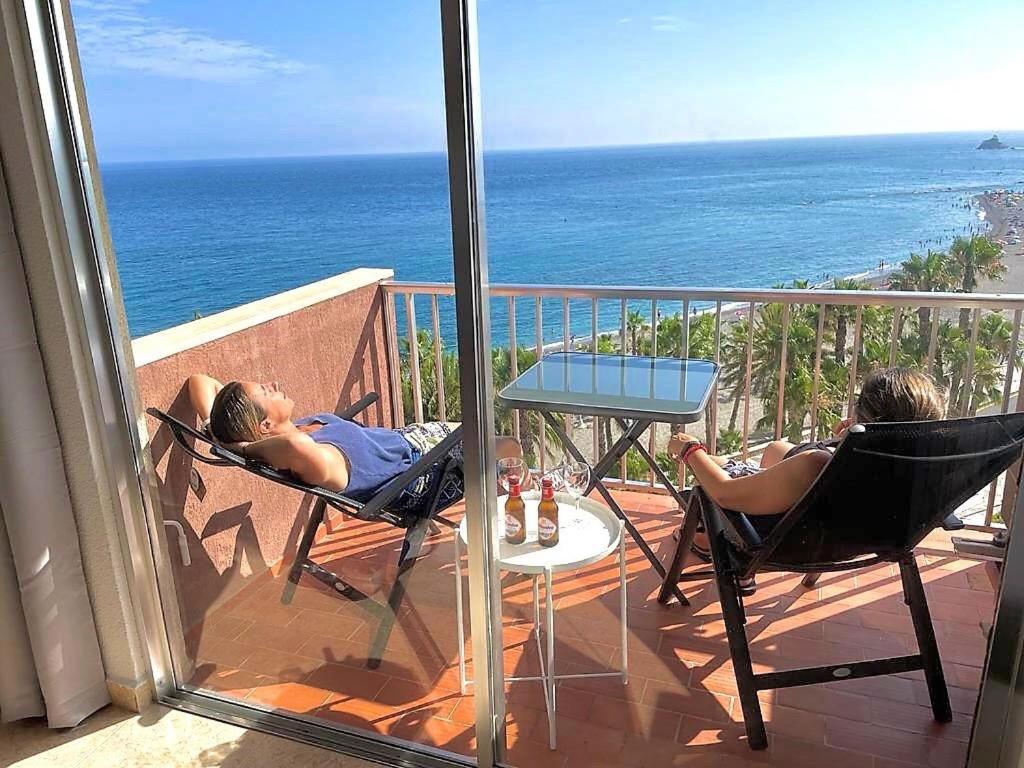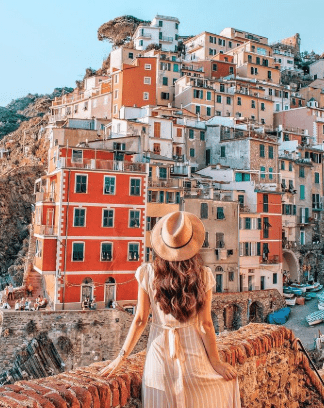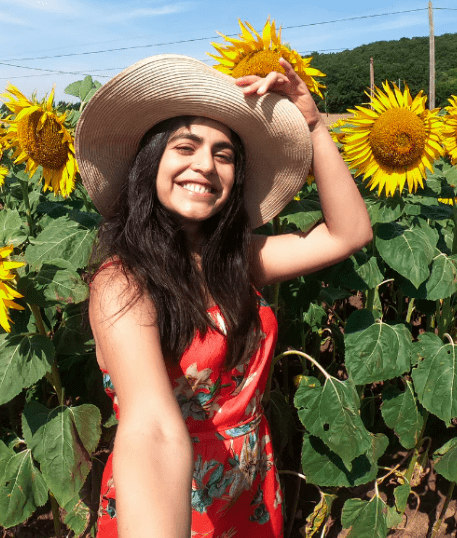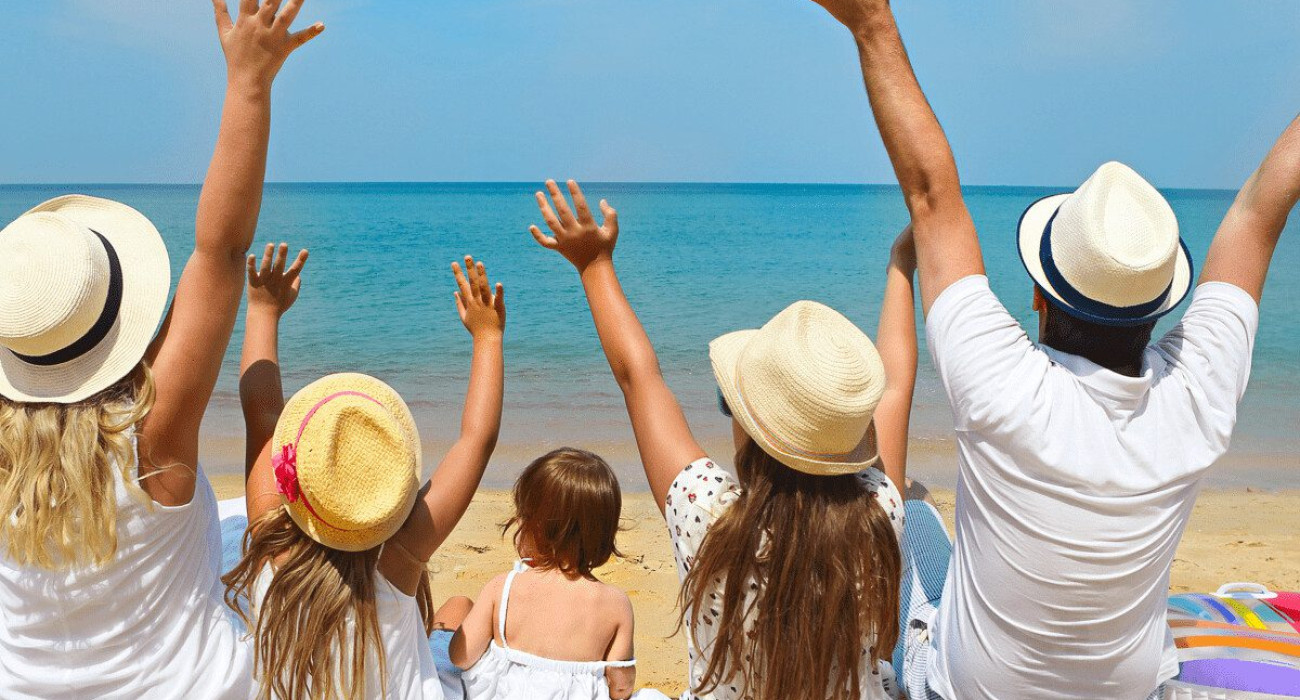When people step away from their daily routines and immerse themselves in new environments, something remarkable happens—their creativity flourishes. Many travelers report feeling more creative on vacation, whether they’re sketching on a beachside terrace, jotting down business ideas during a mountain retreat, or simply brainstorming life goals in a quiet café abroad. But what is it about travel that unlocks this flow of ideas? Science, psychology, and countless personal stories suggest that being creative on vacation is not just a coincidence but a powerful outcome of how our brains respond to new experiences.
Below are seven reasons why travelers consistently feel more creative on vacation—and how you can maximize this natural boost for your own inspiration.
1. Exposure to New Environments Stimulates the Brain
Routine environments often limit the brain’s ability to think differently. When you’re surrounded by the same desk, neighborhood, and coffee shop, your senses dull. On the other hand, travel breaks those patterns. A new city, a different language, or even unique smells and flavors force your brain to process fresh stimuli.

Psychologists call this “neuroplasticity,” the brain’s ability to form new connections in response to novel situations. According to a study published in the Journal of Personality and Social Psychology, exposure to different cultures enhances “cognitive flexibility,” which is strongly linked to creativity (APA research).
That’s why travelers often find themselves becoming more creative on vacation—because their minds are actively rewiring and adapting to the unfamiliar.
2. Reduced Stress Frees Mental Space
At home, much of your brainpower is consumed by deadlines, traffic, and responsibilities. Stress is like static noise that drowns out creative thought. Vacations remove those burdens and offer what psychologists call “psychological distance.”

When you’re sipping coffee in Paris or hiking in the Rockies, you’re no longer stuck in the cycle of to-do lists. This mental clarity allows the mind to wander—a state neuroscientists have linked with the default mode network, the part of the brain most associated with imagination and problem-solving.
This is why so many people feel creative on vacation—because their mental bandwidth is suddenly free to explore ideas without interference.
3. Novelty Sparks Curiosity and Imagination
Creativity thrives on novelty. Imagine trying street food you’ve never seen before, or hearing an unfamiliar rhythm played by local musicians. These encounters activate curiosity and inspire questions: How was this dish created? What instruments produce this sound?

Harvard researcher Ellen Langer emphasizes that mindfulness—paying close attention to new experiences—directly fosters creativity. When you’re on vacation, mindfulness happens naturally. Every turn of the street feels worth noticing, every landscape worth capturing. This heightened awareness is a major reason why travelers feel more creative on vacation, often coming home with journals, sketches, or new hobbies sparked by their journeys.
4. Time Away Allows the Brain to Incubate Ideas
In the professional world, many breakthroughs don’t occur at the desk but rather during breaks. The same principle applies when traveling. When you step away from familiar problems and give yourself permission to rest, your subconscious mind continues working behind the scenes.

Think about the “shower effect,” where ideas strike in the shower when you’re not trying. Vacations amplify this phenomenon. A beach stroll, mountain hike, or leisurely train ride provides the perfect conditions for your brain to incubate unresolved thoughts.
That’s why people often solve big challenges or generate innovative ideas while being creative on vacation. The shift in context acts as a catalyst for insight.
5. Cultural Immersion Expands Perspective
Being creative on vacation often comes from cultural immersion. When you explore traditions, customs, and art forms different from your own, your worldview expands. This process is known as “cultural intelligence,” or the ability to adapt and learn from diverse social contexts.

For example, a traveler visiting Japan might find inspiration in the simplicity of Zen gardens, while someone in Morocco may be inspired by the vibrant geometric patterns of Islamic art. These influences seep into the creative mind, shaping new approaches to design, problem-solving, or personal expression.
Travel writer Pico Iyer once said, “We travel initially to lose ourselves; and we travel next to find ourselves.” Part of that discovery is the burst of creativity that comes when you realize there are infinite ways to see the world.
6. Vacations Encourage Play and Experimentation
Play isn’t just for children—it’s a key ingredient for creativity in adults, too. On vacation, people are more willing to experiment: trying snorkeling, learning salsa dancing, or cooking with unfamiliar spices. This sense of play reduces fear of failure and boosts risk-taking, both of which are essential for innovation.

Research from the National Institute for Play shows that play stimulates the prefrontal cortex, the brain region tied to imagination and planning. That’s why people often describe themselves as being more creative on vacation, because they grant themselves the freedom to explore without judgment or pressure.
7. Vacations Create Lasting Emotional Imprints
Finally, vacations leave emotional imprints that fuel creativity long after the trip is over. Emotions and memories are tightly linked in the brain, and travel provides highly memorable experiences. Whether it’s awe at a natural wonder or joy during a festival, these emotional highs reinforce creative thinking.

Positive emotions expand mental flexibility and resilience. Psychologist Barbara Fredrickson’s “broaden-and-build” theory explains how positive emotions widen our thought-action repertoire, encouraging more inventive solutions. This is why travelers who felt creative on vacation often continue to draw from that inspiration weeks or months later.
How to Boost Your Creativity While Traveling
If you want to intentionally cultivate being more creative on vacation, try these tips:
-
Keep a travel journal – Write down ideas, sketches, and observations daily.
-
Embrace downtime – Don’t overschedule; let your mind wander.
-
Seek out local arts and traditions – Visit galleries, performances, and craft markets.
-
Disconnect digitally – Reducing screen time makes room for reflection.
-
Practice mindful noticing – Pay attention to small details: colors, sounds, textures.
By weaving these practices into your trip, you’ll ensure your creativity thrives while away.
Final Thoughts
The reason travelers feel more creative on vacation is not just a romantic idea—it’s rooted in psychology, neuroscience, and the power of novelty. Travel removes stress, introduces new environments, sparks curiosity, and provides time for the brain to incubate ideas. Add in cultural immersion, playful experimentation, and lasting emotional memories, and it’s no surprise that vacations become creativity accelerators.
So the next time you plan a getaway, remember: it’s not only a break from work—it’s an investment in your imagination. The inspiration you gain while being creative on vacation might just shape your next big idea, project, or personal breakthrough.
